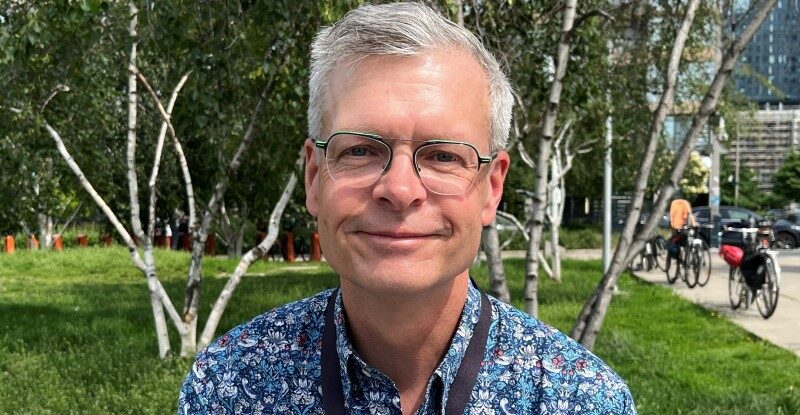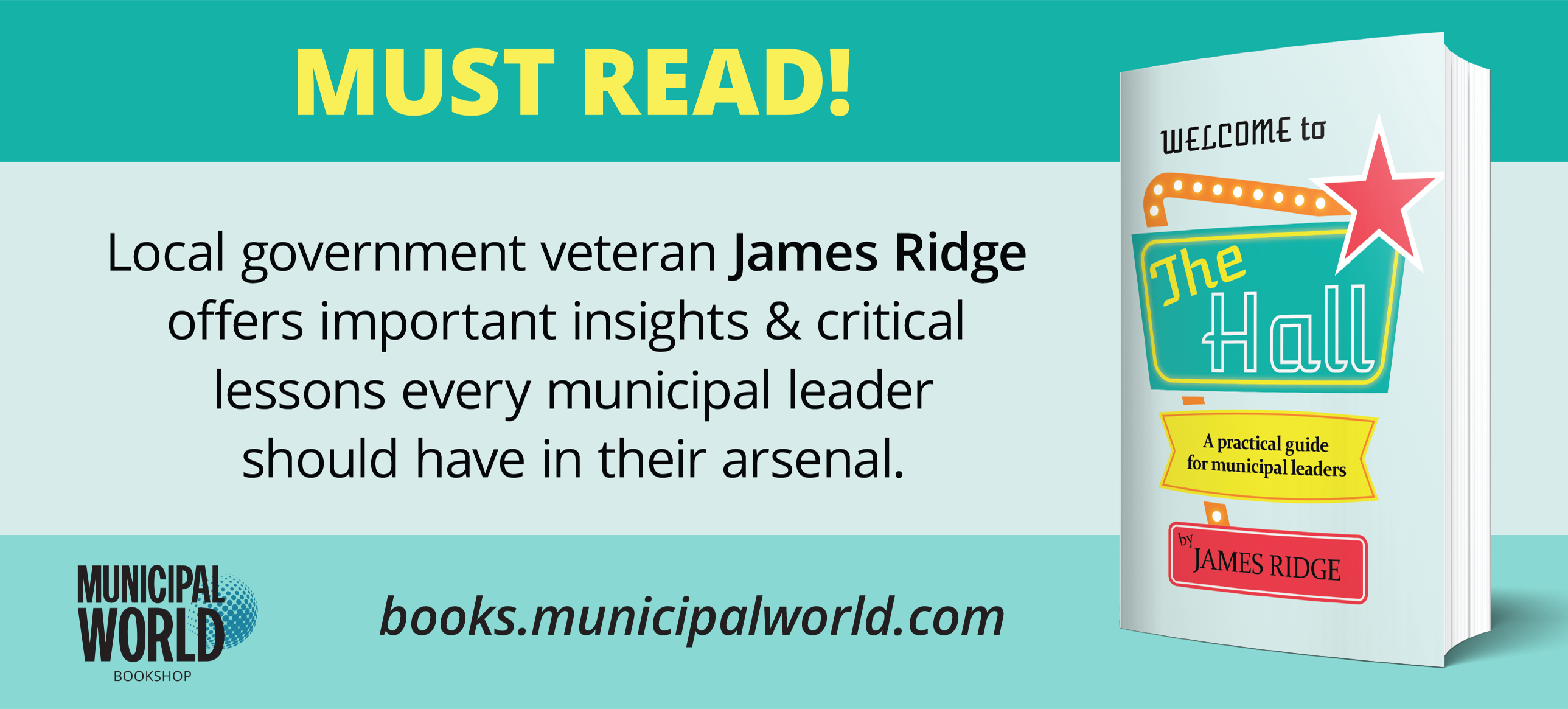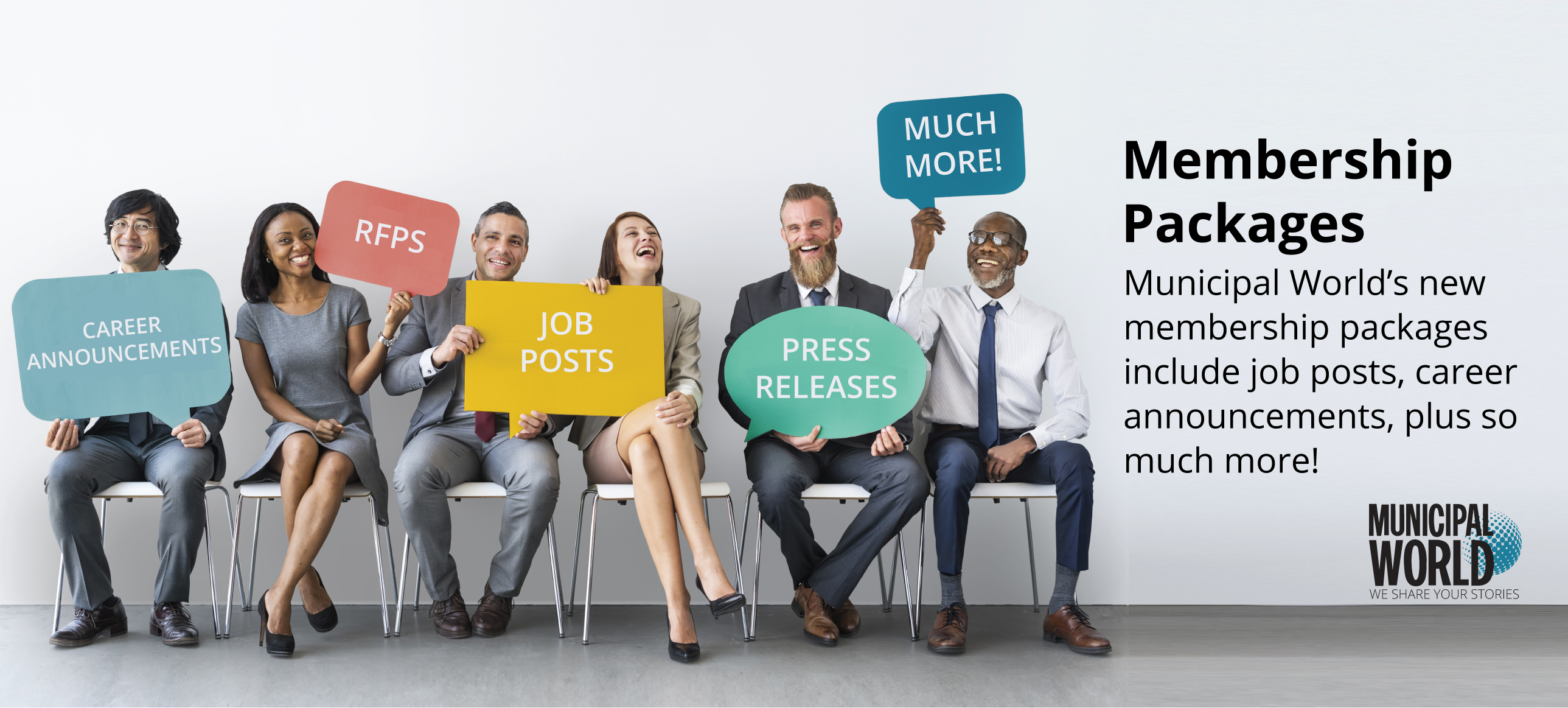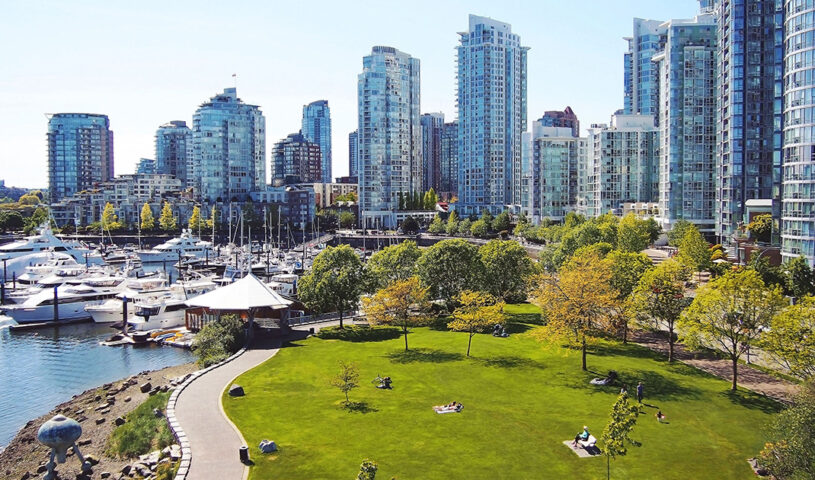Activating the “power of parks”
 David Harvey, co-executive director and founder of Park People, says it is all about “activating the power of parks” to build strong communities, healthy environments, and resilient communities.
David Harvey, co-executive director and founder of Park People, says it is all about “activating the power of parks” to build strong communities, healthy environments, and resilient communities.
Your local park is a lot more than trees, grass, and a park bench. It is a dynamic tool to better serve people, neighbourhoods, and the environment. That is the view of Park People, a non-governmental organization that supports and mobilizes community park groups, community organizers, non-profits, park professionals, and funders.
David Harvey, co-executive director and founder of Park People, says it is all about “activating the power of parks” to build strong communities, healthy environments, and resilient communities.
“It’s been challenging times for a lot of people and parks offer great, creative hopeful solutions for social, health, and environmental issues for people,” said Harvey. “It’s about how we can be using parks to bring some hope and prosperity to our neighbourhoods.”
Park People held its biennial conference in Toronto June 21-23 with 123 speakers, drawing more than 330 attendees from 30 towns and cities across Canada. The conference theme, “Hope in Action,” encapsulates the idea that it takes “tireless determination, boundless creativity, and relentless optimism to being transformational park projects to life.”
“It’s all about sharing learnings and bringing some inspiration, as well helping individuals and groups connect and find solutions for thriving cities,” said Harvey.
Alexandre Beaudoin, founder of Montreal’s Darlington Ecological Corridor, gave a keynote address explaining his group’s approach of linking the city’s parks to create “ecological connectivity” from Mount Royal to the rest of the city.
The inspiration came from foxes, which had for a time disappeared from Mount Royal, but which had found their way back, navigating from park to park and making use of rail lines to forge a path. The image of a fox was incorporated into the organization’s logo because the return of the fox inspired their approach of finding ways to regenerate natural areas by seeing the connectivity of parks as a corridor.
“Someday, somehow, we can bring the forest back to the city,” said Beaudoin.
Over time, Beaudoin’s insight evolved to the understanding that people are connected to places and those connections must be maintained while action is taken to support the ecology of an area.
“Parks are the first places to change mindsets,” said Beaudoin. “That’s what’s at the heart of the socio-ecological approach.”
The success of the Darlington Ecological Corridor and its potential to inspire other park activists across Canada points to the purpose of not only the conference but also Park People as an organization, said Harvey.
“There have always been great things happening around parks all across Canada, but previously they never had the opportunity to talk and learn from each other and get inspired about what is happening in other cities,” said Harvey. “It’s about building that kind of network and community around what might be possible.”
Park People started in 2011, organizing around the question of whether it is possible to find ways of making parks better serve people and neighbourhoods in Toronto. It developed a method of “do it yourself activism,” helping local groups work with local bureaucracy to effect change by taking on projects in their communities.
Park People has since evolved into a national organization made up of 800 groups across 46 cities in every province across Canada. It has helped community park groups undertake more than 3,000 events, attended by 275,000 people and supported by 23,000 volunteers.
Park People as an organization is “fundamentally about the people part of parks,” said Harvey.
“It’s all about getting people involved in their parks to support community, to build social resilience, and to connect people to nature,” said Harvey. “Its about how we are going to get people in this park and how are they going to use it to make sure the park serves their needs.” MW
✯Municipal World Executive and Essentials Plus Members: You might also be interested in Bridget MacIntosh’s article: Shaping Space: Co-creating culturally responsive public spaces.
Greg Crone is Executive Editor of Municipal World.
Related resource materials:



